Adopting a zero waste lifestyle does not happen overnight, and I am still a long way from achieving it. But by integrating one new habit at a time, the task seems less daunting. We don't try to do everything at the same time, the important thing is to move towards our goal!
At home, the kitchen is without a doubt the room where our garbage cans, our recycling bins and our compost bins fill up the most. Here are some ways to tackle the problem and reduce what will end up on the side of the road every week!
Bulk, our best friend

credit: pinterest
What packaging and over-packaging we find everywhere in shops such as grocery stores, in our pantry or in our lunch boxes! Solution number 1: equip yourself with Mason jars or similar containers, and turn to more and more stores offering bulk food and cleaning products. We can also give our big pots of yogurt a second life before recycling them. Pasta, flour, cereals, dried fruit, legumes, rice, nuts, dairy products (to name a few!)… We quickly see a difference in our plastic consumption and it's very satisfying.
As for cleansers, The Unscented Company offers a full range of fragrance-free body and household products , available in bulk at the Signé Local boutique. Another solution is to make them yourself. The possibilities are endless with baking soda and vinegar !
The reusable straw

credit: DulceBee
No more single-use plastic tubes! There are more and more models of straws of all sizes in stainless steel or bamboo , such as those offered by the company Dulce Bee. They are reusable, compostable, and nicely decorate a cocktail.
textiles in the kitchen

Credit: Kliin
To replace the paper towel, we favor washable and even compostable materials, such as what Kliin offers. A used washcloth is also a simple, accessible and very effective way to wash counters and sinks.
We finish the roll of plastic wrap lying around in our drawer and replace it with a more ecological option such as reusable food wrap made from beeswax or even a cloth dish cover. Sister Mathieu sells them made from recycled cotton.
The morning coffee ritual
Can't start your day without a good dose of caffeine? Capsule coffee makers should be avoided, even if some containers are recyclable. Recycling is far from being a magic solution, especially when we know that plastic recycling is not without challenges in the industry. And then, what could be better than the smell of freshly ground coffee filling the house? For filter coffee, Sister Mathieu has marketed reusable filters . Tea lovers are also not left out with the tea bags from Sans exception !
Nice bags for snacks

Credit: Nany Montreal
Small resealable plastic bags such as Ziploc are practical for snacks or freezing, but the amount of plastic they produce is staggering. Good news: the market offers more and more possibilities! NANY Montreal 's linen bags are sleek, chic, and have a clear stripe so you can see what's inside even when they're closed. This band is made of recycled material, which has nothing to displease! We use it for our bulk purchases and for snacks. For zippered snack bags with a simple and playful design, those from Ecolocado are a nice option that will appeal to young and old alike. The eco fabric also offers very pretty and practical ones. For freezing, nothing better than reusable containers of all sizes to thaw only the desired amount of food.
Always ready for last minute shopping!
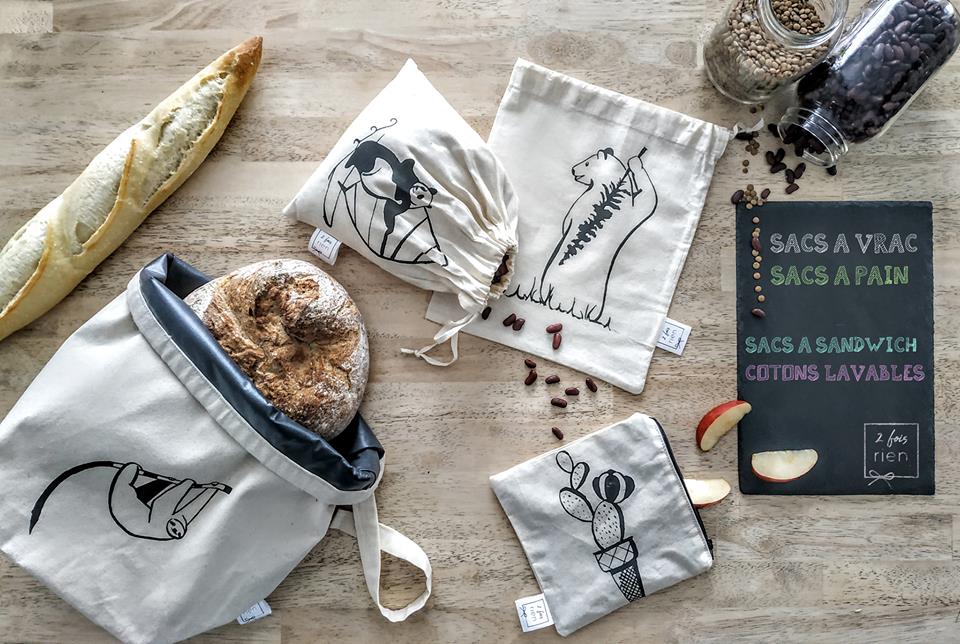
Credit: 2 times nothing
I am a fan of large handbags. So I always have the space needed to drag a reusable bag, like those cotton screen-printed by hand from 2 times nothing . Same thing if you are traveling with a backpack, a computer bag, or if you are driving. A permanent bag in the glove compartment and you're done! You never find yourself caught off guard by an unexpected little race. We also add to our grocery shopping ritual the use of mesh bags for fruits and vegetables, like those offered by D'un sac à l'autre . We are ready for waste-free shopping!
Get your hands dirty

credit: pinterest
Cooking is undoubtedly the best way to reduce the amount of waste. Meal planning saves a lot of headaches and leftovers are less likely to end up forgotten in the back of the fridge… Less packaging, less waste, more fun too! Besides, it's so much better when it's homemade. Before composting, we make broths with vegetable scraps and chicken bones, as well as “touskis” soups with what is left over at the end of the week.
Of course, consuming local remains a must. We participate in reducing the transport of our food, we have more direct contact with producers and artisans, and we encourage the local economy. Everyone is a winner, starting with yourself!

Reviewed By Melanie


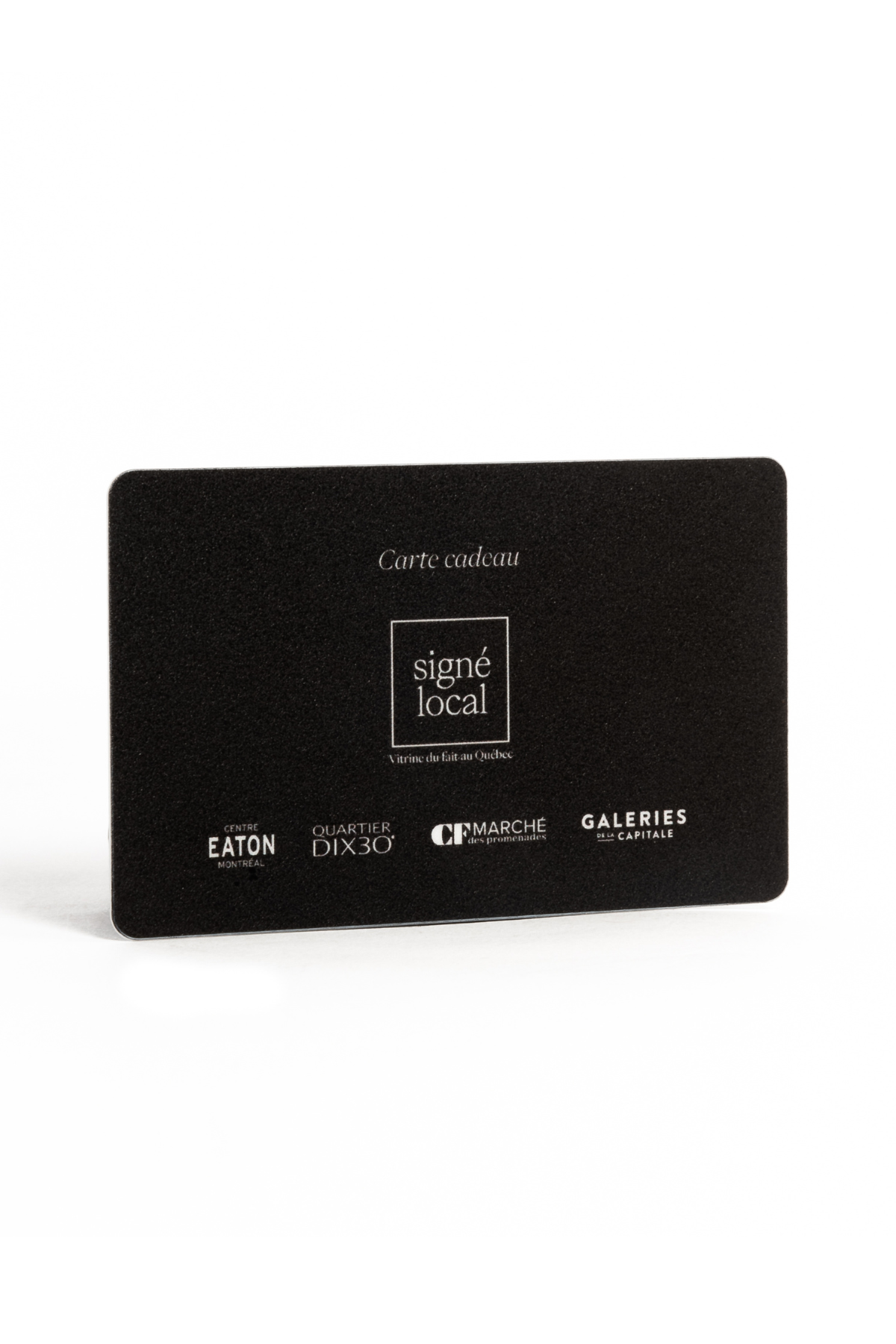





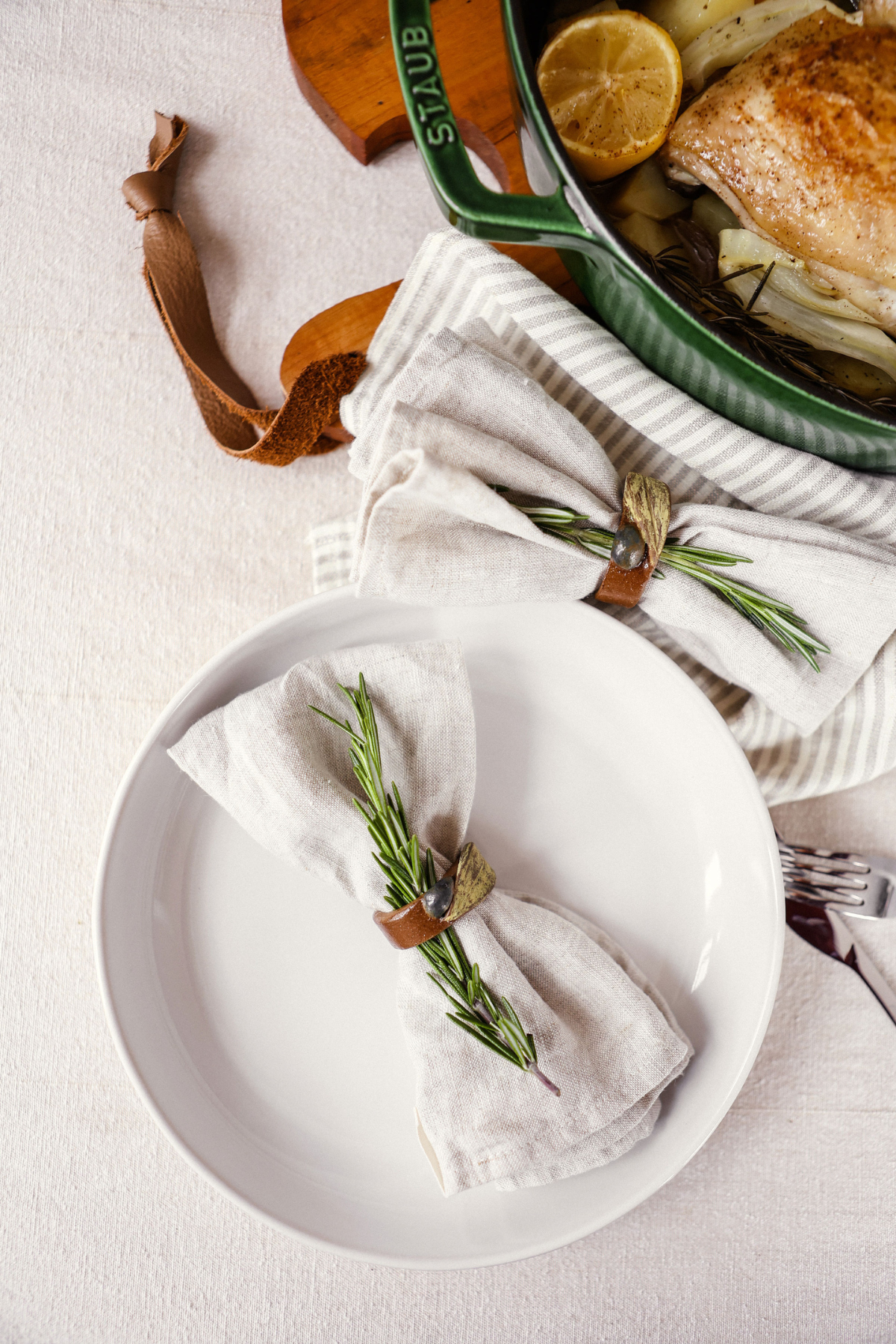




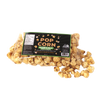


















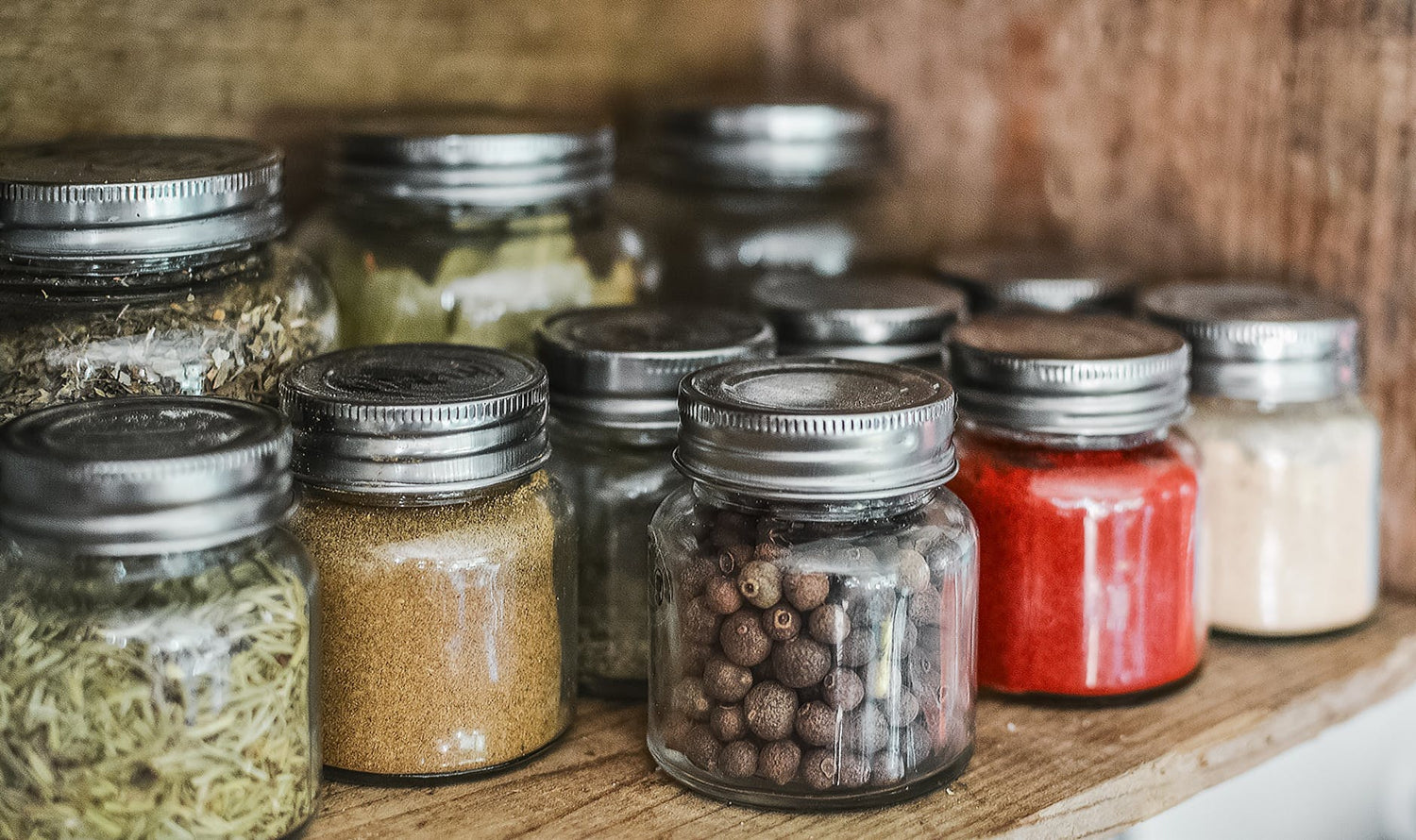
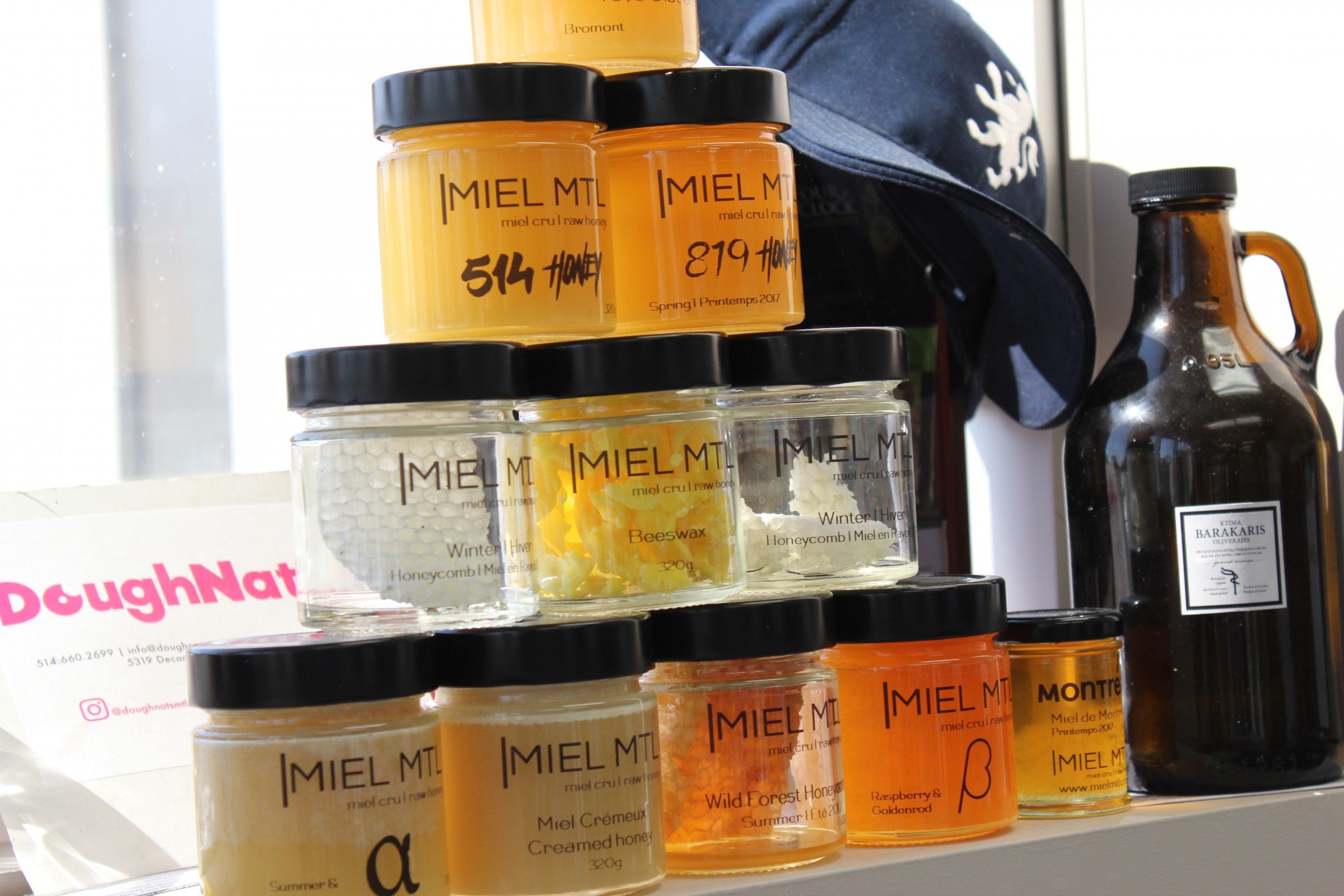
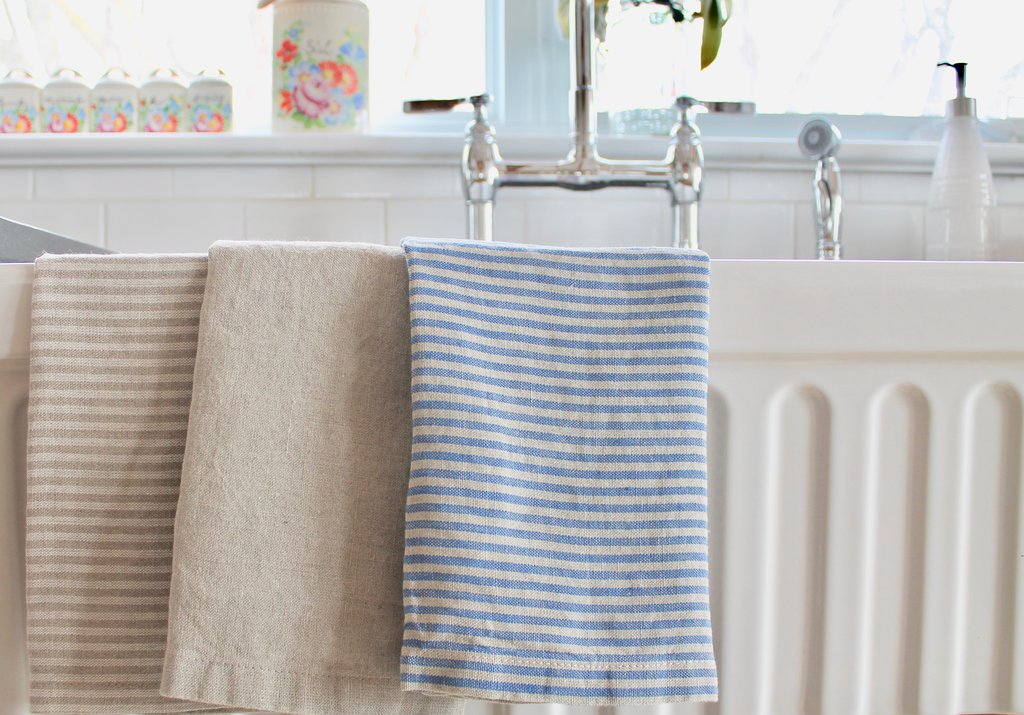
Leave a comment
This site is protected by hCaptcha and the hCaptcha Privacy Policy and Terms of Service apply.